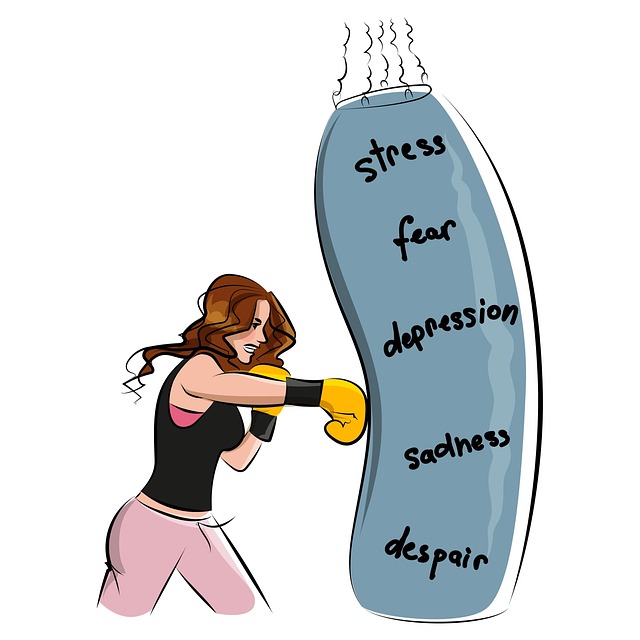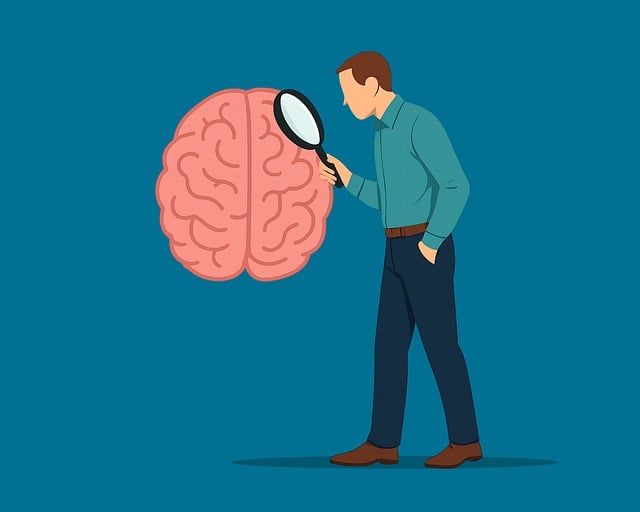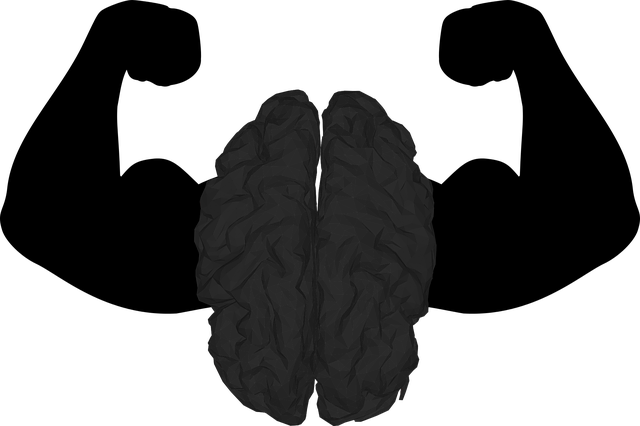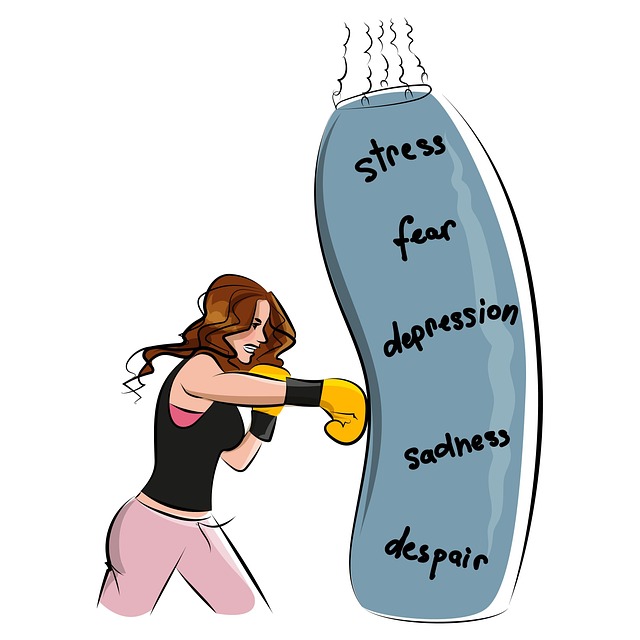Mental wellness is often neglected in older adults, but addressing it is vital for their overall health. Tailored mental health education and awareness campaigns can open conversations about mental wellness in elders. Mindfulness practices, incorporating therapy options like CBT and group therapy, enhance emotional regulation, reduce stress, and improve cognitive function. These strategies foster inner calm, resilience, and social connections, ultimately improving the quality of life for elderly individuals.
Mental wellness is a vital aspect of aging, and promoting it among elders is essential for overall well-being. This article explores effective strategies to enhance mental health in seniors, focusing on early intervention, mindfulness practices, and therapeutic approaches. With a specific emphasis on therapy tailored for elders and the power of mindfulness, we aim to shed light on practical ways to support and improve mental wellness in this demographic. Key topics include understanding elderly mental health needs and discovering powerful tools for fostering resilience and contentment.
- Understanding Mental Wellness in Elders: Unveiling the Importance of Early Intervention
- Mindfulness as a Powerful Tool: Techniques and Benefits for Elderly Individuals
- Exploring Therapeutic Approaches: Effective Therapy Options for Promoting Mental Health in Seniors
Understanding Mental Wellness in Elders: Unveiling the Importance of Early Intervention

Mental wellness is a vital aspect of an elderly person’s overall health and quality of life, yet it often goes overlooked or undiscussed. Understanding the nuances of mental health in this demographic is crucial for implementing effective strategies to promote well-being. The mind of an elder is like a tapestry woven with experiences, memories, and challenges unique to their age. Early intervention plays a pivotal role in maintaining and enhancing their mental resilience.
The design of mental health education programs tailored for the elderly, coupled with public awareness campaigns, can be transformative. By focusing on mindfulness practices, emotional regulation techniques, and providing accessible therapy options, we can foster an environment that supports open conversations about mental wellness. Recognizing the signs of potential mental health issues early on enables care providers, family members, and communities to offer timely assistance, ensuring a better quality of life for our elders.
Mindfulness as a Powerful Tool: Techniques and Benefits for Elderly Individuals

Mindfulness has emerged as a powerful tool for promoting mental wellness among elderly individuals, offering techniques that can significantly enhance their quality of life. By focusing on the present moment and cultivating awareness of thoughts and sensations, mindfulness practices help elders navigate through age-related challenges and reduce symptoms associated with mental illness. Studies have shown that regular mindfulness meditation can improve emotional regulation, boost cognitive function, and alleviate stress and anxiety—all of which are crucial aspects of overall well-being.
Through effective communication strategies, mindfulness therapy for elders encourages them to engage in emotional healing processes. This involves recognizing and accepting one’s feelings without judgment, fostering a sense of inner calm and resilience. Additionally, mindfulness practices can help break down mental illness stigma reduction efforts by promoting understanding and compassion, allowing the elderly to connect with their emotions and experiences on a deeper level.
Exploring Therapeutic Approaches: Effective Therapy Options for Promoting Mental Health in Seniors

Exploring various therapeutic approaches is vital for promoting mental wellness among seniors. In today’s digital era, therapy for elders has evolved to include a range of effective options tailored to their unique needs. Mental wellness coaching programs and mindfulness practices have emerged as powerful tools for enhancing emotional intelligence and coping skills development in this demographic.
One notable approach involves cognitive-behavioral therapy (CBT), which helps seniors identify and change negative thought patterns and behaviors, thereby improving their overall mental health. Additionally, group therapy sessions foster social connections and provide a supportive environment for sharing experiences and strategies. Integrating mindfulness techniques, such as meditation and breathing exercises, into these programs has been shown to significantly reduce stress and anxiety levels in the elderly population, further contributing to their emotional well-being.
Mental wellness promotion among the elderly is a multifaceted endeavor that requires early intervention, leveraging mindfulness techniques, and exploring therapeutic approaches. By understanding the unique mental health needs of seniors and implementing these strategies, we can significantly enhance their quality of life. Mindfulness, in particular, offers powerful tools to manage stress and improve overall well-being, while evidence-based therapies provide effective solutions for various mental health challenges. Together, these methods foster a supportive environment that encourages elders to thrive and age gracefully.













